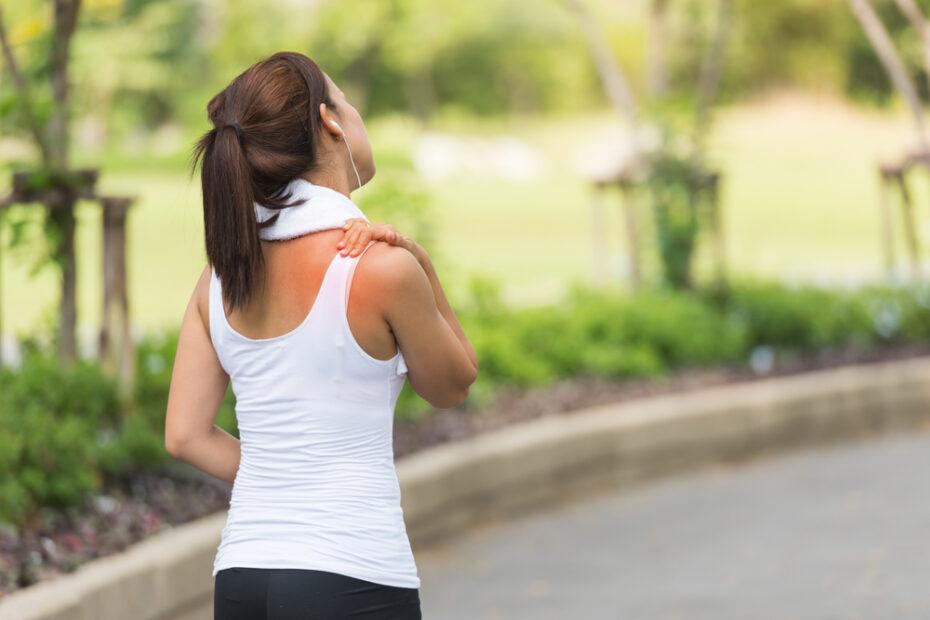The first heatwave of the summer hit Southern California this week. Many of us flock to the beaches to cool off and enjoy summer. Maybe you will play some beach volleyball, throw the football or frisbee, and I see more and more Spikeball games every year. Whatever your summer hobbies or sports are, shoulder pain can impact your ability to enjoy them or compete at your best.
Rotator cuff tendonitis (inflammation) is very common. It can occur from overhead activities like serving in tennis or volleyball, throwing, or from overhead work and repetitive use. Symptoms present with shoulder pain on the side of the shoulder that can travel down to the elbow. It is typically worse with overhead movements. An injury that leads to sudden inability to raise the arm may signal a more significant injury.
Another common injury to the shoulder during summer activities can be to the biceps and labrum. The biceps is comprised of two muscles, one of which, the long head of the biceps, attaches deep in the shoulder on the top of the socket (glenoid) to a structure called the labrum. The labrum is a cartilage ring that goes around the socket to help stabilize the shoulder. Repetitive overhead activity or falling onto an outstretched arm can lead to tearing of the labrum in this area. Symptoms include pain in the front of or deep in the shoulder. It is typically worse with throwing and may lead to a sensation called ‘dead arm’, where you lose strength and velocity with the throwing or serving motion.
Shoulder dislocations can occur during a significant trauma. I have seen this happen in athletes of all types. But regarding summer beach activities, surfing and beach volleyball are the most common. A dislocation is when the humerus (ball) slides out of the socket (glenoid). This causes tearing of the labrum as well, but in a different location. The shoulder often needs to be reduced (put back in place) in the ER under sedation. Recurrent dislocations can occur, especially in younger athletes. Surgery to repair the labrum can help stabilize the shoulder and prevent future dislocations.
If you have questions about your shoulder pain, please contact us. We can help you have an active and enjoyable summer!
Ryan Morgan, MD
